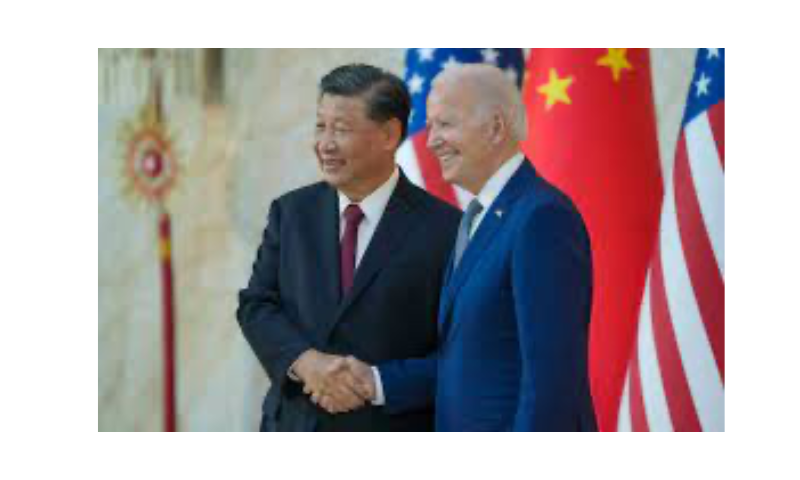Chun Han Wong and Charles Hutzler
WSJ, Jan. 15, 2024
“Since Biden and Chinese leader Xi Jinping emerged from a November summit with an agreement to steady relations after years of plummeting ties, the two governments have held discussions on military communications, counternarcotics, technology controls and Taiwan—a well-acknowledged flashpoint. Lai’s win now puts that fledgling deal to the test.”
Taiwan’s election of the presidential candidate China most distrusts puts at risk a fragile detente between Washington and Beijing, threatening another flare-up between the world’s biggest economic and military powers.
Voters on Saturday gave the Democratic Progressive Party four more years in power, this time by choosing as president-elect the current vice president, Lai Ching-te, whom China condemns as an inveterate agitator for Taiwan’s independence—an outcome that Beijing has vowed to prevent, by force if necessary.
Though expected, Lai’s win sharpens global attention on this democratically self-ruled island and its outsize significance in the strategic rivalry between the U.S. and China, which has described Taiwan as the most sensitive issue in its relationship with Washington.
President Biden showed he is mindful of Beijing’s red lines, answering a reporter’s question on Saturday about the Taiwan election by saying: “We do not support independence.” The State Department separately congratulated Lai and said the U.S. would work with him to deepen ties with Taipei—remarks that officials said were consistent with past American assurances to Beijing.
… [To read the full article, click here]


